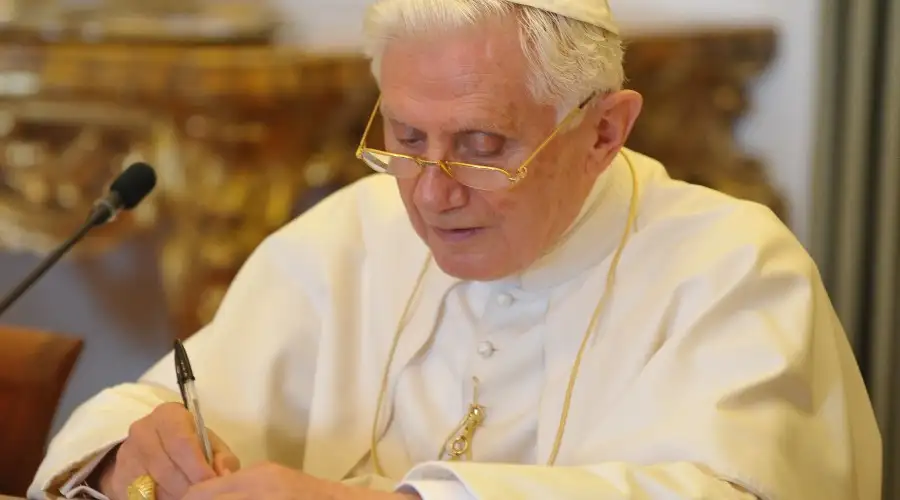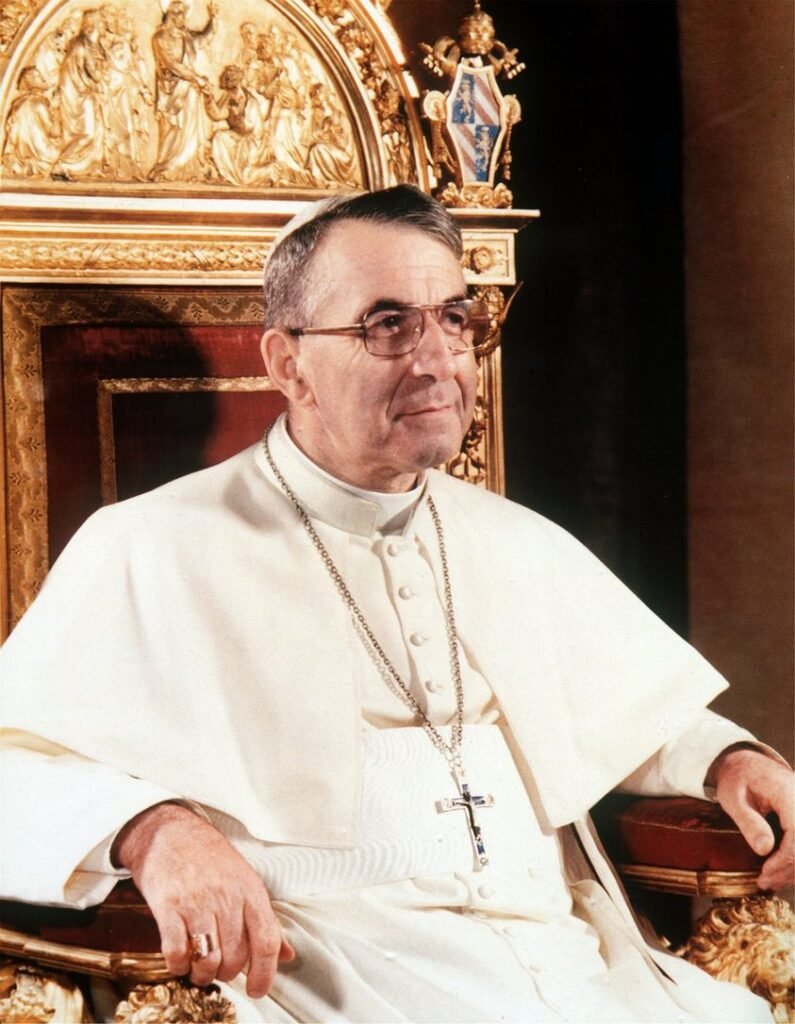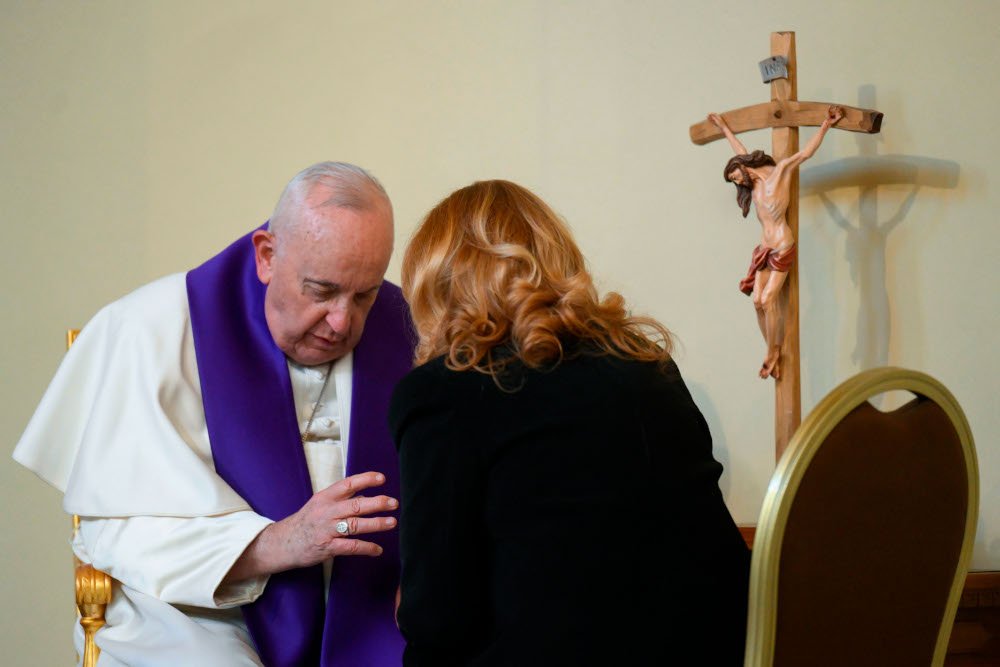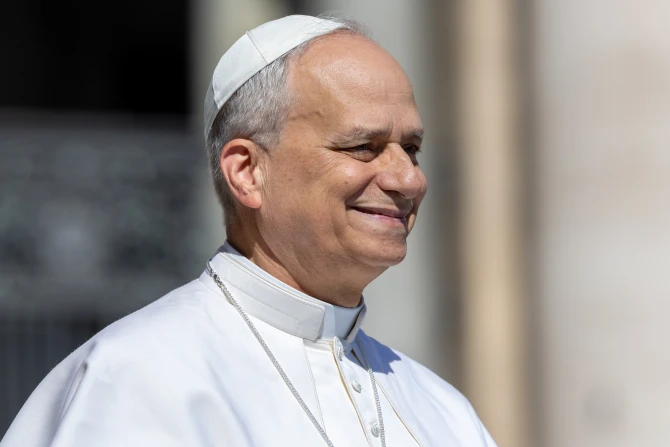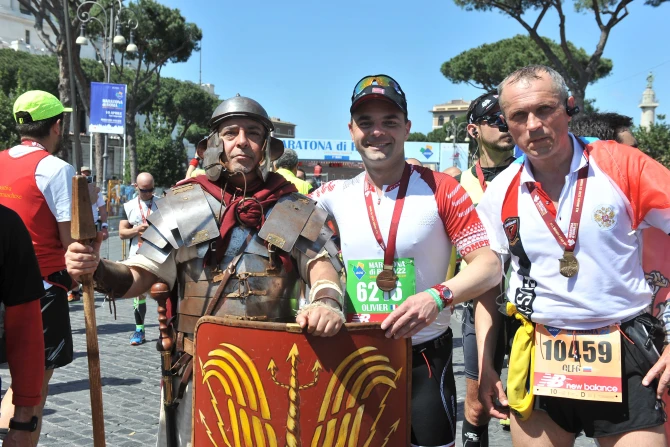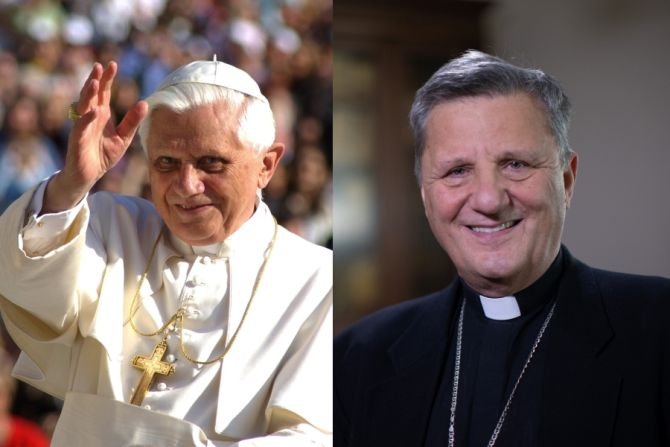Archbishop Georg Gänswein, who was Benedict XVI’s personal secretary, describes in his memoirs the days following the resignation of the Pope Emeritus.
In the book entitled “Nient’altro che la verità. La mia vita al fianco di Benedetto XVI” (Nothing but the truth. My life with Benedict XVI), published in Italian this Thursday, January 12, Msgr. Gänswein notes that “Benedict was intimately convinced that his existence would not last long.”
After his transfer to Castel Gandolfo on February 28, 2013, both Msgr. Gänswein and the Pope Emeritus’ doctor perceived “his progressive deterioration.”
“In the first weeks after his resignation, the Pope Emeritus was totally exhausted, walked hunched over and spoke very little,” wrote the Archbishop.
However, he clarified that the doctor “did not diagnose problems of psychic depression, but an excess of physical and mental work that had to be gradually eliminated.”
“The tranquility of that environment helped him a lot, it allowed him to read without time constraints (Gregory the Great, Agostino, but also more recent authors, such as Romano Guardini and Eric Peterson),” recounts Archbishop Gänswein in his memoirs.
In addition, Benedict XVI listened to sacred and symphonic music “with a CD player that he had in the bedroom” and assures that he also returned to playing the piano.
“The greatest difficulty in the final stages of life,” he clarified, “concerned the ability to speak, due to lung fatigue.
Faced with these adversities, the Archbishop explained that the Pope Emeritus reacted with “his usual humor”, saying on several occasions: “God took away my speech to make me appreciate silence more and more”.
Life in the Monastery
According to Benedict XVI’s secretary, life at the Mater Ecclesiae Monastery “was marked by prayer, as he had established with a phrase that expressed his general program: ‘Every day I begin with the Lord and end with the Lord, and we will see how long it lasts'”.
He further recounts that, at times, as a cardinal and also during his pontificate, Pope Emeritus “had gone to the chapel of the Monastery to celebrate Mass.”
“In the time of reflection on his resignation, he had realized that that place would have corresponded perfectly to his nature and desire for the sober life that he had repeatedly foreshadowed,” she explains.

